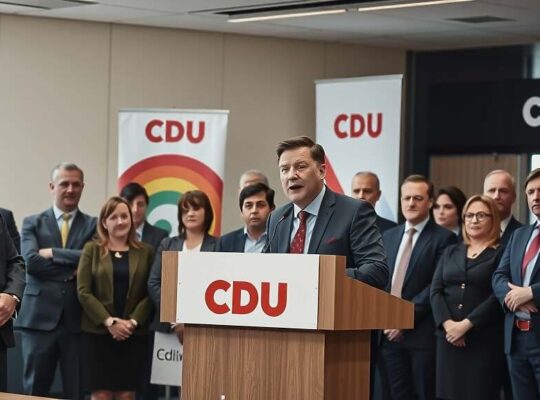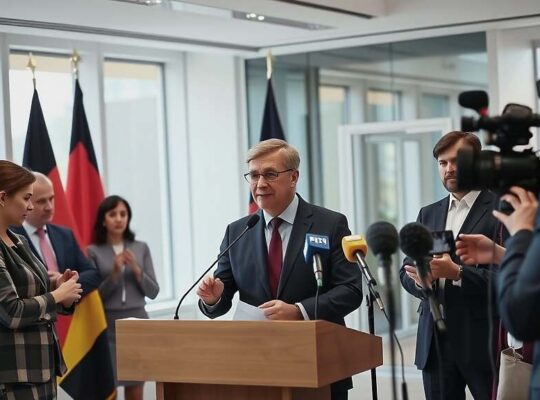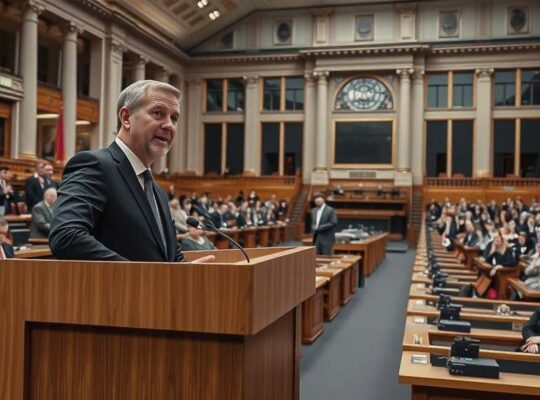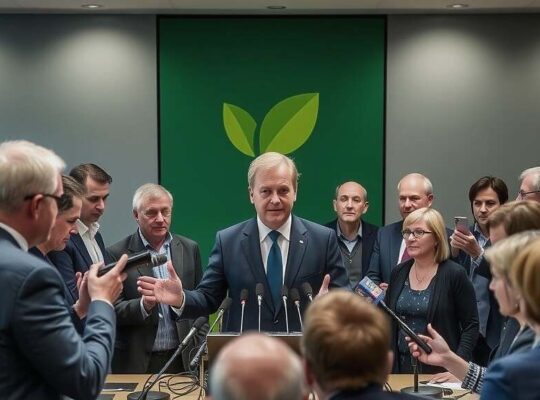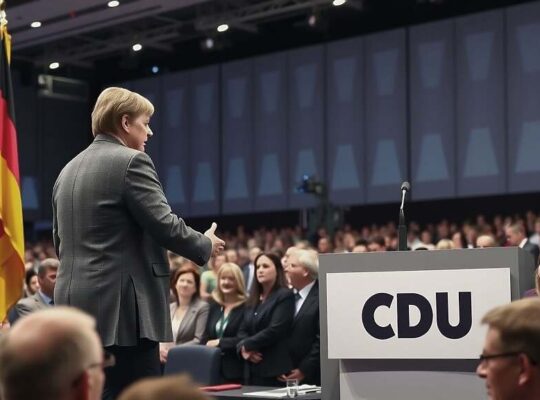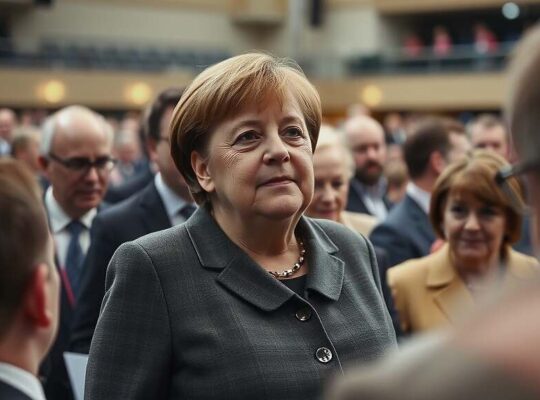German municipalities are facing unprecedented financial strain, prompting proposals for significant relief measures from the Green Party. The party is advocating for a series of interventions designed to address record-high debt burdens crippling local governments across the nation.
The core of the Green Party’s plan centers on increasing the share of value-added tax (VAT) revenue allocated to municipalities. Party leaders Franziska Brantner and Felix Banaszak argue this action would be a “highly effective” means of closing the substantial existing deficit. They emphasize the vital role of cities, towns and districts as the “heart and backbone” of Germany, pointing to their function as community hubs for education, recreation and civic engagement.
Current allocations from the federal government provide municipalities with approximately two percent of VAT revenue, a figure the Greens deem insufficient. They warn that mounting deficits, stalled investments and escalating costs are actively hindering local governments’ ability to function. Reduced operational capacity, they contend, can erode public trust in local democracy and undermine community cohesion.
Beyond an increased VAT share, the Green Party is pushing for a strengthening of the principle of concurrency, ensuring that the federal government finances new responsibilities delegated to municipalities. They also reiterate calls for the federal government to fulfill its commitment to addressing existing municipal debt.
Crucially, the proposals highlight the need to expedite the disbursement of the €58 billion earmarked for infrastructure projects through a special fund. The Green Party envisions streamlining approval processes by consolidating funding programs and establishing a centralized online platform. Furthermore, they propose the introduction of “municipal freedom budgets” – flexible funds that local governments can allocate to address pressing needs. This concept draws inspiration from initiatives like the “Municipal Climate Million” in Saxony, which provided each district with €1 million for climate protection measures.
The party also supports allowing municipalities to levy charges based on the principle of “who benefits pays”, such as packaging fees or mobility contributions. Finally, the Green Party proposes federal support for digital solutions to reduce administrative costs and staff workloads, aiming to implement a “Once-Only” principle where citizens only need to provide data once, with government agencies accessing it securely when required.
Recent data from the Federal Statistical Office reveals that German municipalities recorded a record deficit of approximately €25 billion last year-the highest since reunification in 1990. The Bundesvorstand of the Green Party is currently convened in Bonn for a two-day closed-door meeting to discuss these and other policy initiatives.



